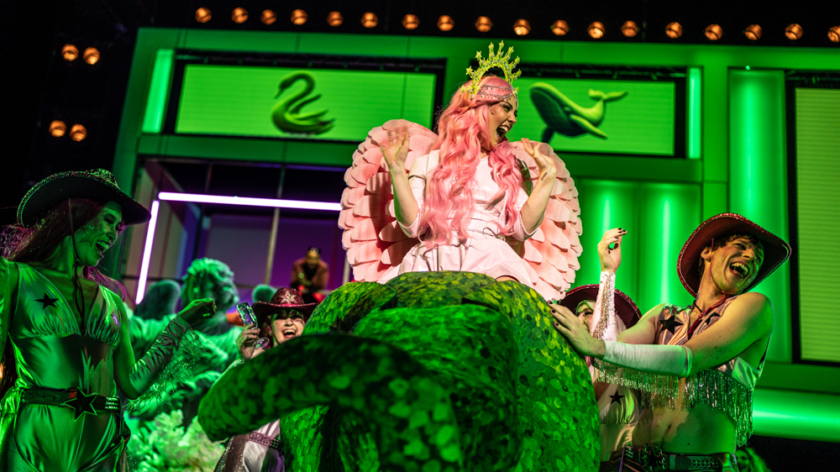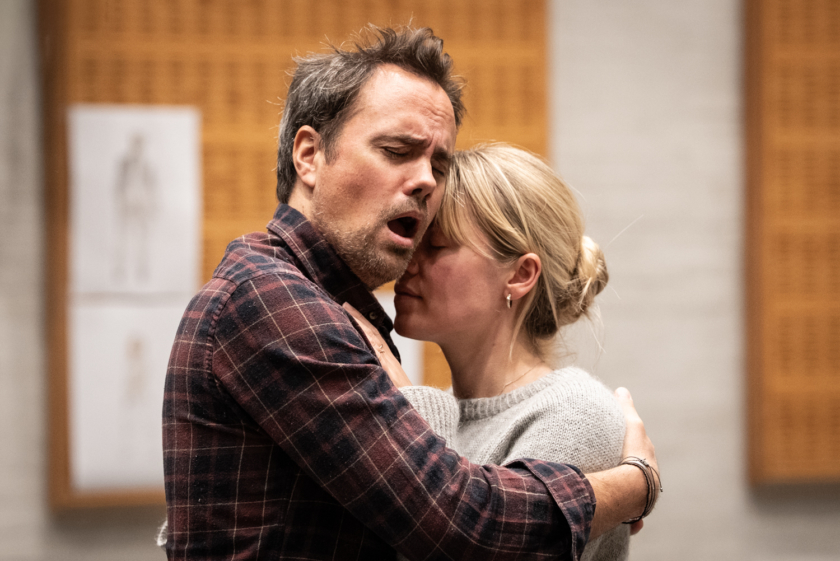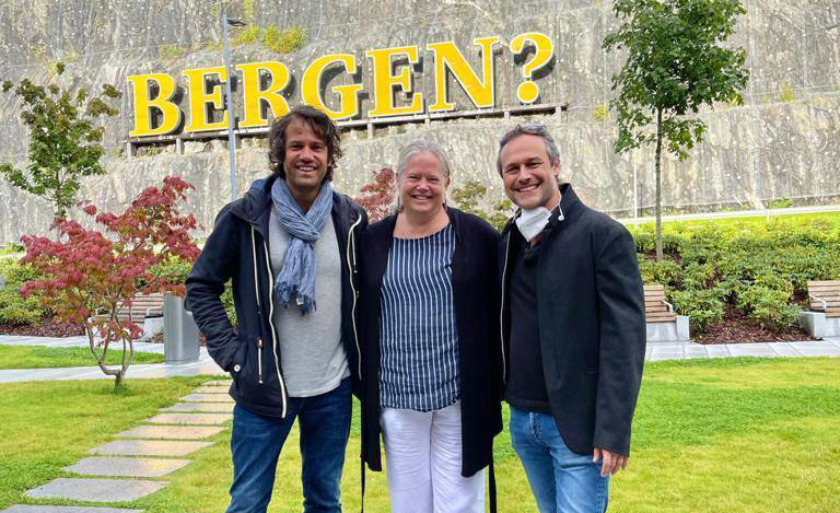Otello the Outsider
Verdi from two centuries past: opera at its most raw and modern.
Downstairs in Grieghallen, we have just started rehearsing Verdi´s Otello for later this month. We´ve celebrated with cake and coffee, sympathised with singers who have just stepped off red-eye ‘planes. Now director Peter Mumford is delicately picking at Shakespeare´s characters: the tortured Moor general, the growling, prowling adjutant passed over for promotion, the newly elevated Cassio.
If Otello´s agonies begin some pages into the opera, Iago is wracked with fury from the very opening chords. Iago, the soldier, the opportunist, the man with the bleak heart, has emerged from the ultimate world of trust: man together with man in the face of the enemy. He and Otello have soldiered together, faced death together, trusted their being to each other. Together, they have killed, smashed cities and broken lives. Now Otello has betrayed him. Iago is stuck in the hot-house of barracks with no plan other than revenge. And into this turmoil, Shakespeare introduces sex: the fragrant Desdemona, the Moor and mighty general´s young wife. It´s a terrible, provocative story. Nicholas Hytner, chief at the UK´s National Theatre, about to direct Shakespeare´s play and feeling alien to the world of the military, consulted a senior figure recently returned from Basra. Sex and the violence of war do not march well together, he learned. The hot-house will boil.
Centuries of performance have insisted that the play, and consequently the opera, are about race – that Otello is defined by his African roots, that the fact of his black skin makes inevitable his actions. As late as the 1960s, productions aligned his native ‘barbarism’ with his raging, uncontrollable jealousy. In the noughties, white actors still strutted obscenely with painted brown faces. And forget not that in recent memory, a good deal of pretentious babble preceded Jonas Kaufman´s Otello at the Royal Opera – would he be black, white, or merely tanned?
In Bergen, we´ve taken a fierce and deliberate line with a tacit agreement that we will concentrate fully on exploring identity and character – and of course, on presenting sounds which seize the heart. We have a white Australian Otello, and African-American singers as Desdemona and Iago.
Why, we´ve asked, presume that Shakespeare is writing about race? Far more, he is writing about the other, the outsider, the man alone in a writhing web of strangers. Otello is given his lofty position by the Venetian Court, who routinely appointed foreigners to command so as to avoid vicious muttering within their own elite. And in The Merchant of Venice, Shylock, defined as mean and an abuser, is referred to simply as ‘the Jew’. We call Otello ‘the Moor’ in much the same careless way as Hamlet is deemed ‘the Dane’ – it is a means of definition. Otello, paranoia apart, is aware that he is different – but his colour is only a part of his head-banging insecurity. He worries about not having ‘those soft parts of conversation that chamberers have’; about being a generation older than his wife; about being a military man amongst ordinary people. He´s not a murderer because of colour, but because he is a complex, frail human taunted by the perfection of his highly-born child-wife, driven to utter despair by his conniving peers, and given to feeling before he thinks.
The rehearsal begins. Poison is lapping round the rim of Iago´s being. Desdemona, a trembling teenager with a violent, volatile husband, is bewildered. Cassio is drinking heavily. Verdi is knitting stupendous swerving lines into a furor of dissonance. The drama is social realism at its most acute and distasteful, set to music which inflames the soul.
This is Verdi from two centuries past, but opera at its most raw and modern. Past, present future. Emotions never change.
Mary Miller
1st December 2017
Pictures from rehearsals in Grieghallen:















